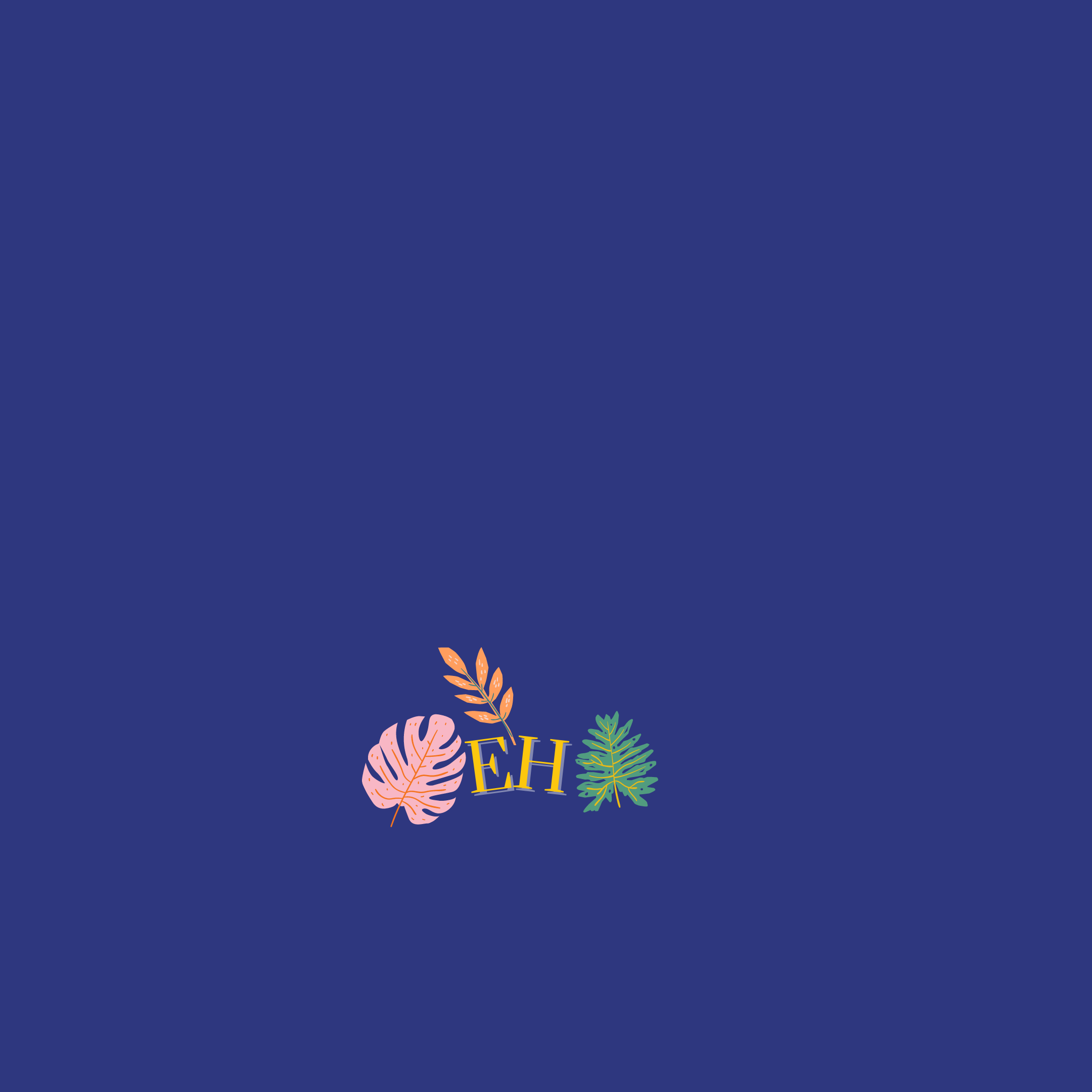Institutions do not necessarily come first. Formal, perhaps, but informal institutions have existed since humanity has existed. Before formal institutions were devised, informal institutions existed and filled the gap. The study of informal institutions therefore is central to my research because they have continued over time, are pervasive, and every now and then, we see them more clearly – in social settings, in economic transactions, in political sloganeering, in techology and social media. There is a new and evolved form of trust and reputation with technological changes and what they mean in the global village context but how trust or reputation is built draws from the very essence of what infomal institutions are and how they work. They are under-stated, under-articulated norms, codes of behaviour, networks and ties that govern our public and personal lives. They are hard to measure, but the solution is not to shun them altogether and bring them under the calculated scrunity of measurement biases or the ease econemetric or any quantitative method offers. The solution is to find ways to measure it that is robust, doable. In anthropology, it’s easier to measure because human responses can be collected as data and a numeric or quantitative analysis can be done.
How do those in business hisotry or economics do it? The only solution is to broaden base and employ multidisciplinary methds to the madness of research. In corporate world, we call this breaking the silos. It works everywhere to be humble and more accepting or tolerant of other appraoches. The more challeneging proposition is for economic historians to measure informal institutions over time. Often it’s subject to archival dicoveries and we are clearly limited by what we unearth, but business history needs investigative rigour of a journalist. I know, many academics might squirm to hear of journalism beacuse while everyone yearns for the reach and influence journalism offers, many are quick to dismiss journalists’ work and the field altogether. But they do definetly need to embrace some of its tools, doggedness at unearthing and chasing sources, and cultivating genuine, beyond-the-immediate-work network of people who will open their heart, family archives and papers, and collections to enable original (yes, ORIGINAL), beyond the careerism research. There is lots they can do with journalistic training, but for now, I will restrict this here.
Particularly for economic historians dabbling in history where many critical resources are either managed and tightly regulated by corporate archives or have been lost to the vagaries of time, it’s important to be journalists first and identify sources (people and institutions) across geographies and chase them with the rigour and passion of a journalist. It’s important not just to chase and go through the formal, known methods, libraries or places (which is what researchers do); it’s equally important to create opportunities to unearth little known sources or places that hold reservoirs of archives, just not formally identified. I will share more on what I found and how I have been doing some of this, which may not immediately be relevant for my PhD project but in the long run, I would be using them to answer questions from history. If I didn’t have a journalist’s training and network, I wouldn’t be able to do this.
What journalism has offered me deserves a separate post. Like a life long lover of the craft and the passion it invokes in me, I will write about it next.
